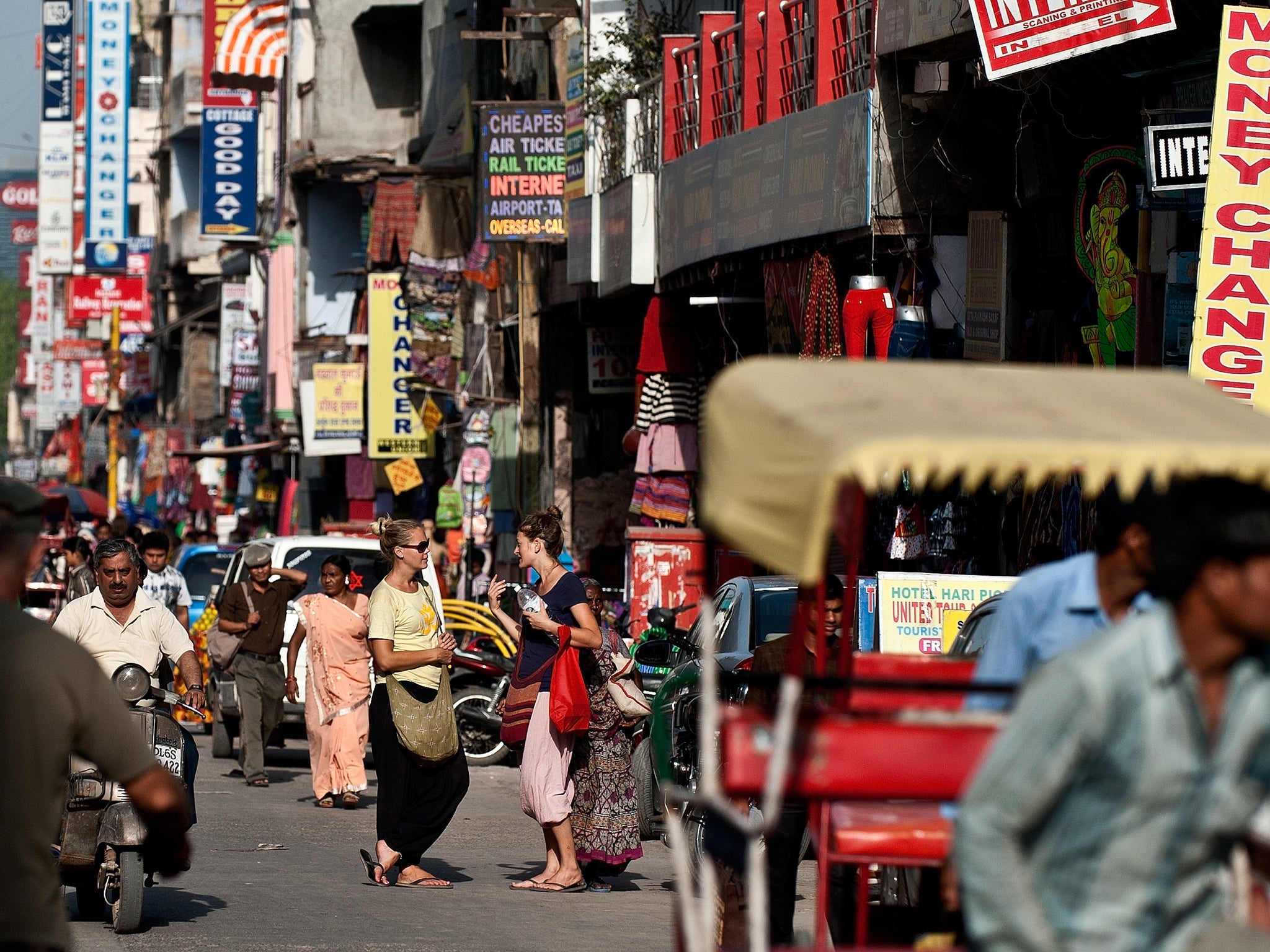Indian man journeys 1,056 miles to claim money he 'won' in a scam
The poorly educated villager didn't realise he had been conned

Some people will go to the ends of the Earth to get what they want – and one Indian man recently travelled more than a thousand miles to claim a bogus prize.
Ratan Kumar Malbisoi, a 41-year-old unemployed Indian villager, believed he had won millions of rupees in a “BBC lottery”, the broadcaster reported.
Mr Malbisoi was deceived by a text message he received nearly two years ago.
"The message said I had won the BBC's national lottery for 20 or 30 million rupees ($319,000-$478,000; £194,000-£292,000). I was asked to send my details so that they could send me the money," he told the BBC.
Mr Malbisoi, who is poor and has undergone a limited education, was unable to recognise that the text was a phishing message and that he was being scammed.
Instead, Mr Malbisoi got in touch with the scammers, emailing them his bank details and account statement, and speaking to them several time to ask for the money.
Eventually, last month, the married father-of-three travelled about 1,700km (1,056 miles) from his rural village in the eastern state of Orissa to the BBC office in Delhi.
Mr Malbisoi told the BBC he had received the first text message in April 2012 and, after he had promptly responded, the scammers had called him back.
"The caller said he was the BBC's chancellor. He spoke really well. He promised me a large sum of money but said I would have to first send 12,000 rupees ($191; £117) so that he can transfer the money into an RBI (Reserve Bank of India) account,” he said.
Mr Malbisoi told the scammers he was too poor to give them any money and, after failed negotiations, he last spoke to the scammers in November last year.
"I told him I had lost my mother and he asked me if I had received the cheque they'd sent for me. When he spoke about the cheque, I decided to come to the BBC office to find out if a cheque had arrived here for me," he told the BBC.
Cyber law expert Pavan Duggal described Mr Malbisoi’s experience as an "old Nigerian 419 scam", which is so-called after the section of Nigerian law which deals with cheating and fraud. The scammers use the names of well-known corporations to make their claims sound credible.
Mr Malbisoi returned home safely, albeit empty-handed, after two days in Delhi.
But he remained unconvinced that he had been targeted by a scammer: "I never felt he was trying to cheat me. I liked speaking with him, he was always very nice," he said, adding that he never complained to the police.
"If they don't want to give me the money, I can't force them. It's their money."
Subscribe to Independent Premium to bookmark this article
Want to bookmark your favourite articles and stories to read or reference later? Start your Independent Premium subscription today.

Join our commenting forum
Join thought-provoking conversations, follow other Independent readers and see their replies